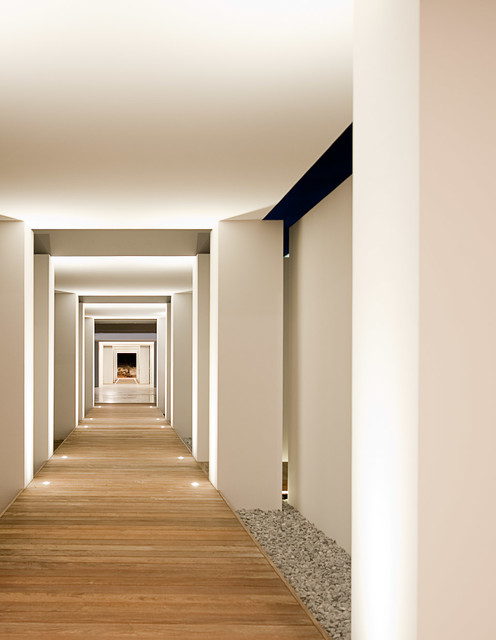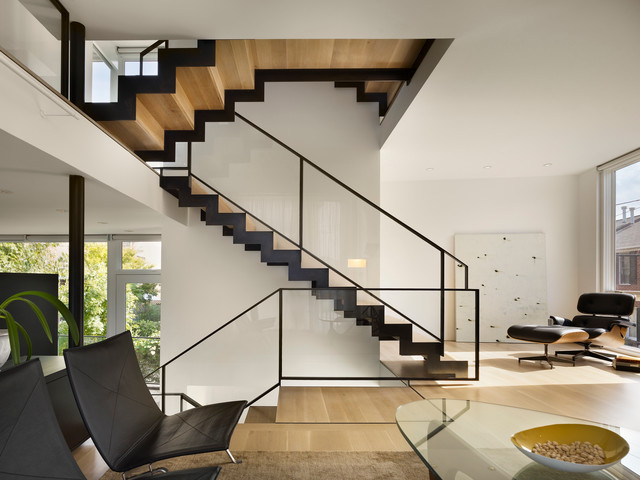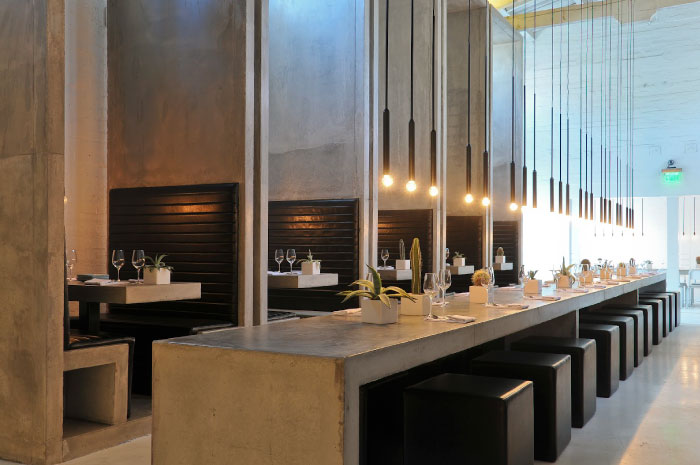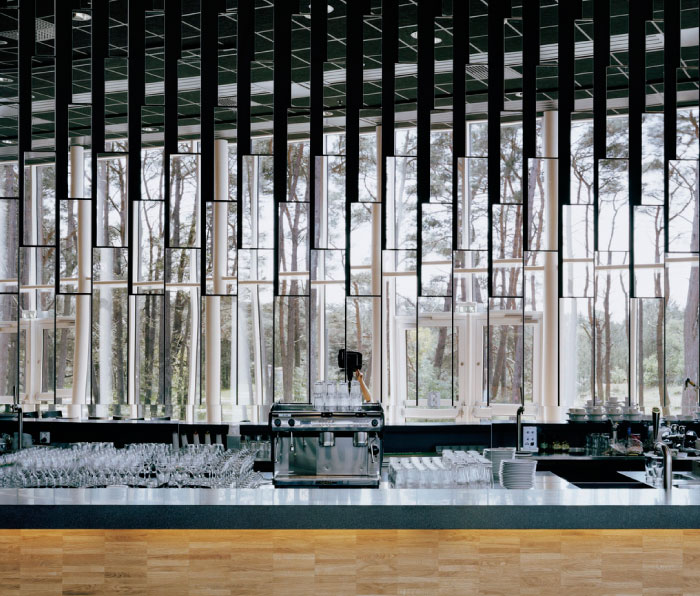A central piece of art or furniture plays the role of a focal point or attention grabber. Repetition Transition and Progression Also known as Gradation.

What Is Rhythm In Interior Design Learn To Apply Tilen Space
As simple or complex as we want to make an alternating rhythm it can be an easy way to break up the monotony of a regular rhythm.

. It carries the eye along a path at a pace that is comfortable for the viewer. The rhythm in most interior designs is based on one of five principles. Rhythm emphasis unity harmony and variety.
Regular rhythm is similar to the idea of a pattern. The design elements are repeated in the same manner throughout the design. In design the term relates to time and movement.
It is like you listen to music and enjoy the beat and rhythm the same rhythm is used in the interior design. It is the way that order interest and focus are introduced to a space and helps to lead your eye throughout the room. To start rhythm is one of the seven principles of interior design.
Like rhythm in music rhythm in design brings a sense of movement to a space. When applied to an interior design rhythm is achieved by the repetitive use of decorative elements. Also it plays a large role in how we perceive the space both in terms of functionality and whether or not it seems aesthetically pleasing.
In nature you can see this in the waves on a beach or sand dunes. In design the dynamic of rhythm creates a visual flow. By repeating patterns shapes colour and texture or similar and complimentary pieces throughout a space you create a.
Repetition gradation transition contrast and radiation. Its used to help our eyes move around a room in an organized manner and thought. Want to work with a company that specializes in commercial interior design.
Contact Hatch Interior Design located in Kelowna British Columbia Because Good Design is Good Business. Rhythm and repetition is the idea of creating movement and harmony throughout your space with recurring patterns colors and different elements. Rhythm is the flow from one design element to the next assisting the eyes to move freely throughout an interior environment.
You should follow a pattern that enhances and illustrates the aesthetic look. In interior design rhythm is all about visual pattern repetition and rhythm is defined as continuity recurrence or organized movement. Rhythm is how well you execute repetition.
To start rhythm is one of the seven principles of interior design. Rhythm is a combination of repeated elements with slight variations in the pattern. Rhythm Fine Rhythm interior design.
Today she will cover the final principal of interior design. Flowing rhythm allows for a greater diversity of design elements but with great diversity in the elements size sequence nature and so on. A space that has steady rhythm and repetition will lead the eye around the room seamlessly.
When used well it brings an underlying unity and sense of variety to our spaces. Flowing rhythm A flowing rhythm shows the repeated elements following bends curves and undulations. Emphasis Emphasis on House interior decoration.
According to Marjorie Elliot Bevlin author of Design through Discovery. It can also be created by progression which is simply a gradual increasing or decreasing in size direction or color. Rhythm achieved through linear elements alternating elements gradation repetition or intricate details.
Lastly progressive rhythm allows for the greatest amount of diversity. Other items around the focal point are used to complement it. Its used to help our eyes move around a room in an organized manner and thought.
There are three methods of achieving rhythm in interior design. Elements can be repeated alternated or arranged in progression to maintain a visual tempo Emphasis. Rhythm is defined as a strong regular repeated pattern of movement or sound.
The Elements of Design my college design text rhythm is a principle that works in concert with two other important principles. In interior design rhythm is all about repetition of design elements that help to create movement within a space. Suggests connected movement between different elements of interior design.
Rhythm allows the eyes to move around from one object to another and creates a harmonious atmosphere in a room. There are three ways to create rhythm in interior design. Rhythm in interior design denotes creating visual interest throughout your space by repeating and contrasting visual patterns.
Rhythm can be created using the same colours same materials same shapes or even by a progression of smaller to bigger furnishings as you move around the room. Its created when one or more elements of design are used repeatedly to create a feeling of organized movement. In the same way that rhythm in music creates a sense of movement in a space rhythm in design does the same.
Rhythm is a key design principle that encourages our eyes to move around a room in an organized way. Check back for future posts on the remaining principles of design. It is mainly concerned with shapes colour and material.
Also it plays a large role in how we perceive the space both in terms of functionality and whether or not it seems aesthetically pleasing. Rhythm may be applied in bold statements that make an obvious suggestion about a path of travel or more subtly applied to move your eye about a space without you even realizing the rhythm is there. Rhythm is created through repetition of line form texture and color.
This represents movement and motion within art and is a technique used by visual arts and designers to create fluidity within an artwork or object. Rhythm in interior design refers to the process of establishing visual interest throughout a room by using visual patterns that are repeated and contrasted.

What Is Rhythm In Interior Design Learn To Apply Tilen Space

5 Ways Rhythm Engages Your Eye

Basic Interior Design Principles Everyone Should Know Brumbaughs Fine Home Furnishings

What Is Rhythm In Interior Design Learn To Apply Tilen Space

5 Ways Rhythm Engages Your Eye

Principles Of Interior Design Part 2 Rhythm


0 comments
Post a Comment